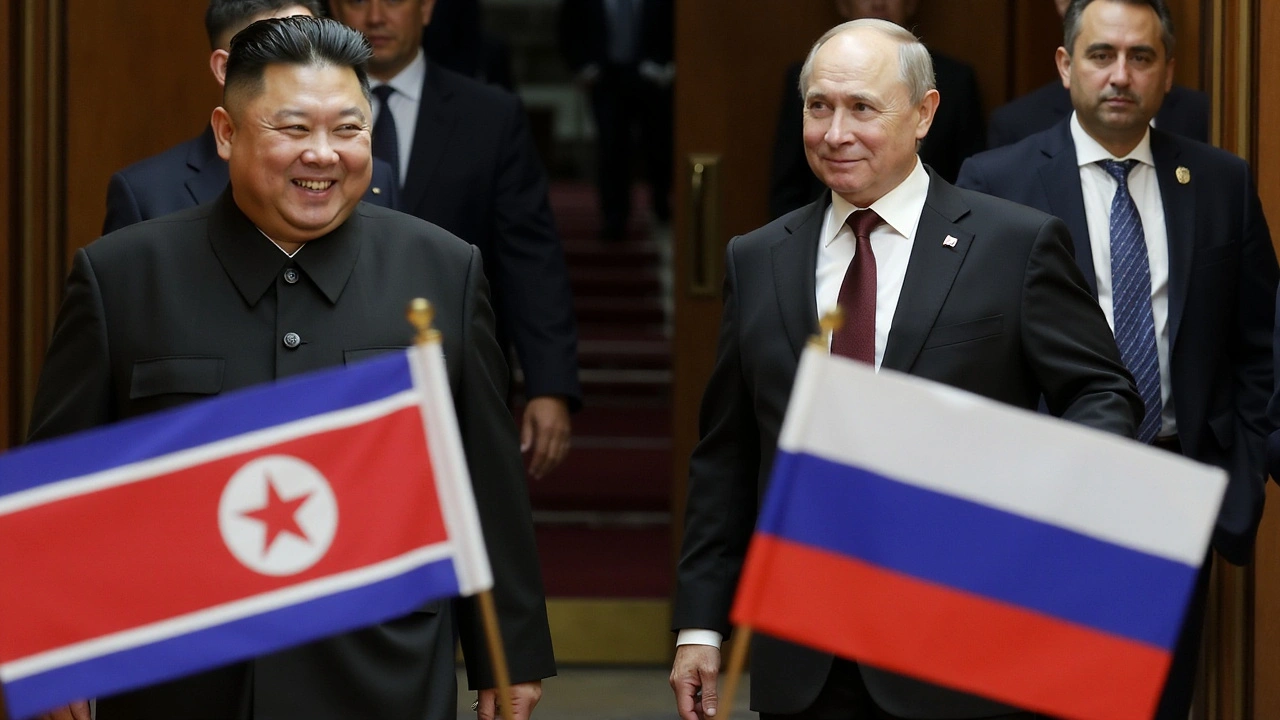Military Collaboration: What You Need to Know
Military collaboration is all about countries working together on defense and security. This teamwork ranges from sharing intelligence to joint training exercises and even co-developing military technology. Why does it matter? Because no country can fully tackle today’s complex threats alone, whether it’s terrorism, cyberattacks, or regional conflicts.
One big reason for military collaboration is pooling resources. Instead of each nation spending heavily on every area, partners focus on strengths and fill gaps together. Think of it as forming a strong team where each member plays a specific role—making sure the whole group is tougher and better prepared.
How Military Partnerships Shape Global Security
You might be wondering how these collaborations actually play out. Countries often sign agreements to conduct joint military drills or share intelligence on regional threats. For example, alliances like NATO build trust and coordination among members to react quickly during crises. But it’s not just about big alliances; bilateral deals—agreements between just two countries—also boost local and regional stability.
Another important aspect is technology sharing. Military collaboration often includes sharing or co-developing defense tech, which speeds up innovation. When nations work together on things like drones, cybersecurity, or missile defense, they get access to cutting-edge tools that may be too costly or complex for one country to develop alone.
Real-World Examples and Why They Matter
Take recent developments where countries have stepped up cooperation to face common threats. Whether it’s joint training missions or leadership changes in defense projects, these moves often aim to improve efficiency and broaden impact. For instance, appointing experienced leaders to head military projects can significantly transform how collaborations run, making them more effective and aligned with strategic goals.
Military collaboration also sends a strong message internationally. It shows unity and shared commitment among nations, which can deter potential aggressors. Plus, by working together, countries build relationships that extend beyond defense, influencing trade, diplomacy, and cultural ties.
In a world that’s more connected but also more unpredictable, staying updated on military collaboration helps you understand how countries respond to challenges. Whether you follow local reports or global news, the way nations join forces shapes much of what happens on the world stage.

